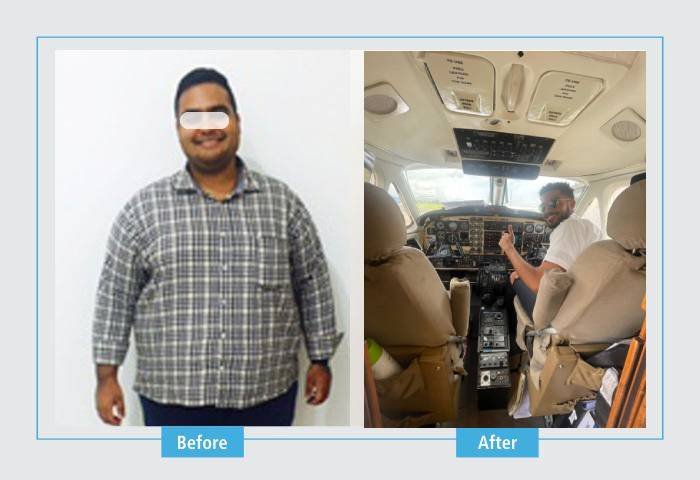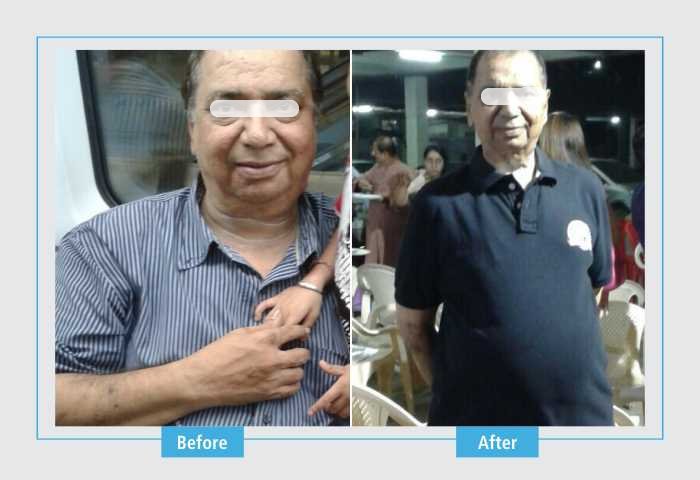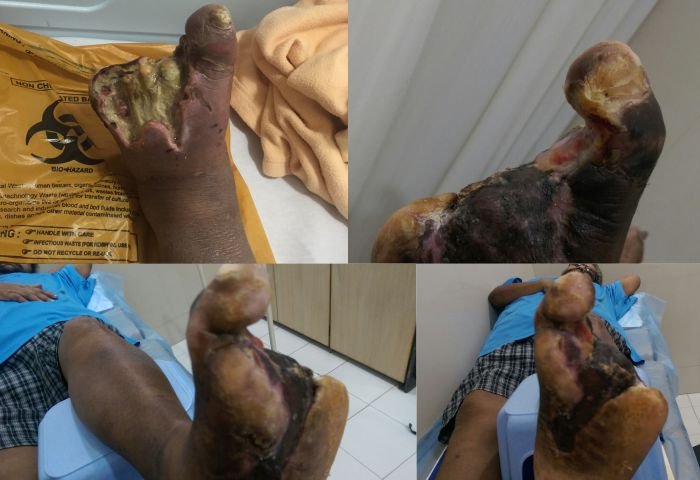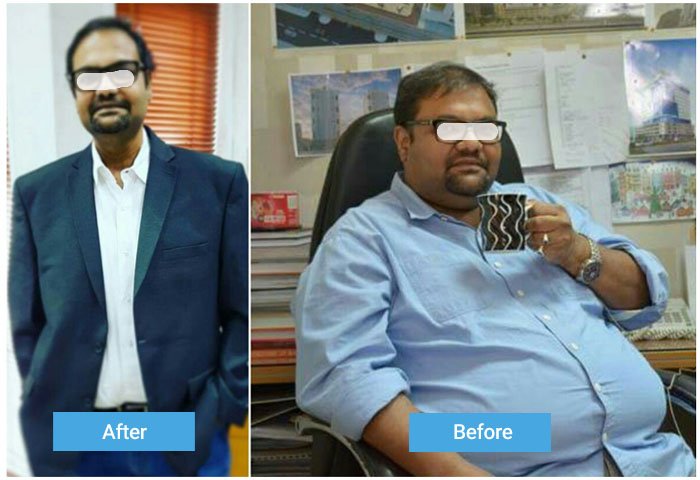What is a hernia?
A hernia is the abnormal protrusion of an organ or tissue through a weak spot in the muscle or tissue that normally holds it in place. It occurs when the muscle wall weakens or tears, creating an opening for the organs to push through.
What are the types of hernias?
There are several types of hernias, each with its location and characteristics:
● Inguinal hernia: This is the most common type, occurring in the groin area.
It can be either indirect (protrusion through the inguinal canal in men) or
direct (protrusion through the weakened abdominal wall).
● Femoral hernia: This type occurs in the upper thigh, more common in
women.
● Umbilical hernia: This type occurs around the belly button, often seen in
infants and pregnant women.
● Hiatal hernia: This type occurs when part of the stomach pushes through
the diaphragm into the chest cavity.
What are the symptoms of a hernia?
Symptoms may vary depending on the type and severity of the hernia, but some common ones include:
● A bulge or lump: This is the most noticeable symptom, especially when
straining or coughing.
● Pain or discomfort: The pain can range from mild to severe and worsen
with activity.
● A feeling of fullness or pressure in the abdomen: This can be caused by
the herniated tissue pressing on other organs.
● Difficulty swallowing: This is a symptom of a hiatal hernia.
What causes hernias?
Several factors can contribute to the development of a hernia, including:
● Increased abdominal pressure: This can be caused by coughing, straining,
lifting heavy objects, pregnancy, or obesity.
● Muscle weakness: This can be due to aging, injury, or surgery.
● Family history: Having a family member with a hernia increases your risk.
What are the treatment options for hernias?
The treatment for a hernia depends on the severity of the symptoms and the type of hernia. Options include:
● Observation: If the hernia is small and does not cause symptoms, your
doctor may recommend watchful waiting.
● Truss: This is a supportive device worn over the hernia to keep it in place.
It is usually used for temporary relief or in situations where surgery is not
possible.
● Surgery: This is the only way to permanently repair a hernia. The most
common type of surgery is a laparoscopic repair, which uses small
incisions and a laparoscope (a thin, lighted tube).
What can I do to prevent a hernia?
While you cannot completely prevent a hernia, some things you can do to reduce your risk include:
● Maintain a healthy weight: Excess weight puts stress on your abdominal
muscles.
● Avoid heavy lifting: If you must lift heavy objects, use proper lifting
techniques.
● Quit smoking: Smoking weakens your muscles and tissues.
● Eat a healthy diet: A healthy diet helps maintain your overall health and
can reduce your risk of chronic conditions that contribute to hernias.
If you have any concerns about a hernia, it is important to see a doctor for
diagnosis and treatment.

















